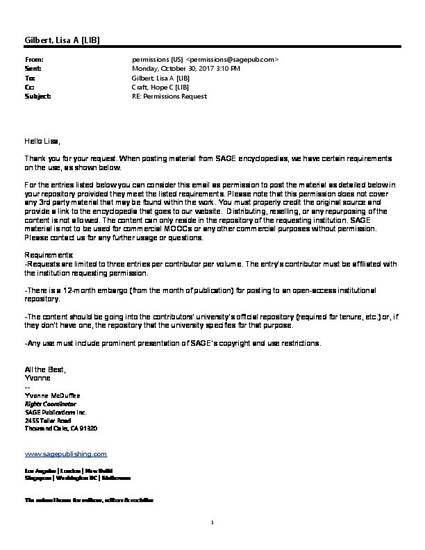
Contribution to Book
Common Schools Movement
Encyclopedia of Diversity in Education
Document Type
Book Chapter
Disciplines
Publication Version
Published Version
Publication Date
1-1-2012
DOI
10.4135/9781452218533.n131
Abstract
The common schools movement was the effort to fund schools in every community with public dollars, and is thus heralded as the start of systematic public schooling in the United States. The movement was begun by Horace Mann, who was elected secretary of the newly founded Massachusetts Board of Education in 1837. Mann and other reformers argued that schools were necessary to inculcate nonsectarian Christian moral values and to educate every citizen to participate in a democracy. This dual mission is sometimes known as the common school movement's “Protestant-republican” ideology. The common schools movement advanced other progressive ideals popular at the time, and was adopted by other states throughout the rest of the 1800s. Schools were free, locally funded and governed, regulated to some degree by the state, and open to all White children.
Copyright Owner
Sage Publications, Inc.
Copyright Date
2012
Language
en
File Format
application/pdf
Citation Information
Joanne M. Marshall. "Common Schools Movement" Encyclopedia of Diversity in Education (2012) Available at: http://works.bepress.com/joanne_marshall/11/

This chapter is from Marshall, J. M. (2012). Common schools movement. In J. A. Banks (Ed.), Encyclopedia of diversity in education. Thousand Oaks, CA: Sage. doi: 10.4135/9781452218533.n131. Posted with permission.